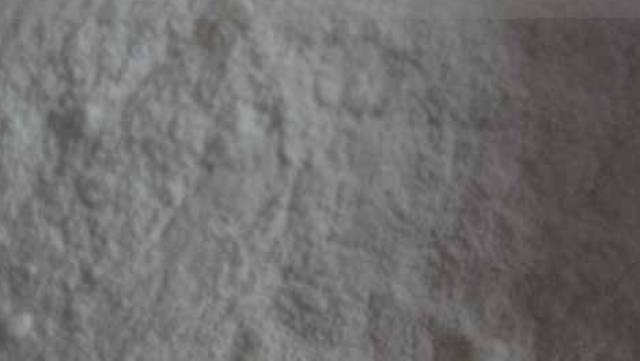The Indian glass industry has been growing across all segments, driven primarily by the country’s growing automotive and construction sectors. During the quarter ended December 2011, the profitability of the glass and glass products sector was hampered by pressure on margins of many major players, in particular, price of soda ash.
The glass industry consists of four main segments: container glass, speciality glass, flat glass and fiberglass. Container glass, which is the largest segment in the glass sector, comprises of glass packaging for consumer goods and pharmaceuticals; followed by speciality glass, which is mainly for technical applications such as electronics and engineering. The flat glass segment comprises of float glass and rolled glass, which are mostly used in architectural and automotive applications.
The Indian glass industry has been growing across all segments, driven primarily by the country’s growing automotive and construction sectors. The container glass industry benefits from growing awareness on account of rising hygienic packaging demand, growing population, increasing per capita income of average Indians with, however, low per capita glass consumption. This low per capita container glass consumption in India is 1.2 kg, which offers tremendous scope for rise.
During the quarter ended December 2011, the profitability of the glass and glass products sector was hampered by pressure on margins of many major players, impacted mainly due to the rise in the raw material cost and power and fuel cost. HSIL, one of the major players in the container glass segment, has been obliged to increase prices to improve their margins.
The price of soda ash, in particular, is a major cost in the raw material segment. Major manufactures of soda ash in India are Tata Chemicals, GHCL (formerly Gujarat Heavy Chemicals), DCW and NIRMA and Saurashtra Chemicals. These companies continue to rule the Indian soda ash market by fixing the prices of soda ash based on import costs.
The Akali Manufactures’ Association has filed a case with the anti dumping authority for levy of anti dumping duty on imports of soda ash from China PR, EU, Kenya, Pakistan, Iran, Ukraine and US, which make up for about 80% of global soda ash production. Prices of soda ash have increased 20% during the last two years. The imposition of anti dumping will result in further increases in the prices of imported soda ash and, as a consequence, Akali manufactures will further jack up the prices of indigenous soda ash with a view to increase their profit margin.
According to Hindustan National Glass (HNG), the largest producer of glass containers in India, commodity prices have started softening and there should not be any further price increase on the commodity front. Going forward, the company also expects interest rates to slow down, as they seem to have peaked out and should only have a downward movement from now onwards, thus creating further growth in the country. The company also expects improvement in margins, as new capacities with higher operating efficiencies will demonstrate optimum utilization in the future. The price hikes implemented by the company are expected to translate into improved performance.
HSIL has taken steps to improve margins, increasing the prices of sanitaryware and container glass. The company expects that the increase in realizations in both divisions, coupled with rupee appreciation, will reduce the cost of imported raw material and allied products. The company also expects that there will be improvement in profit margins in coming quarters.
The All India Glass Manufactures Federation has put forth the following expectations for the Union Budget 2012-13:
- customs duty on imports of soda ash should be abolished;
- glassware produced by mouth blown process should be exempt from central excise duty;
- in a tax system where the tax is levied on goods and services, CENVAT credit ought to be broad based covering all items used for business, with a specific negative list;
- CENVAT credit must be allowed on goods such as cement, angles, channels, MS plates, etc., used for laying foundations or making structures for the support of capital goods;
- full CENVAT credit must be allowed on capital goods. Even though 100% CENVAT is allowed in respect of inputs at the time of receipt, only 50% CENVAT credit is allowed in the case of capital goods in the year of receipt, and manufacturers must wait till the next financial year to avail the 50% CENVAT balance credit;
- retrospective amendments rectifying past drafting errors or adverse judicial decisions must be avoided;
- there must be clarity to the effect that services procured from outside India for use in projects or activities carried on outside, and for which payment is made by Indian companies must not be deemed a taxable service in India, in terms of the reverse change mechanism.




